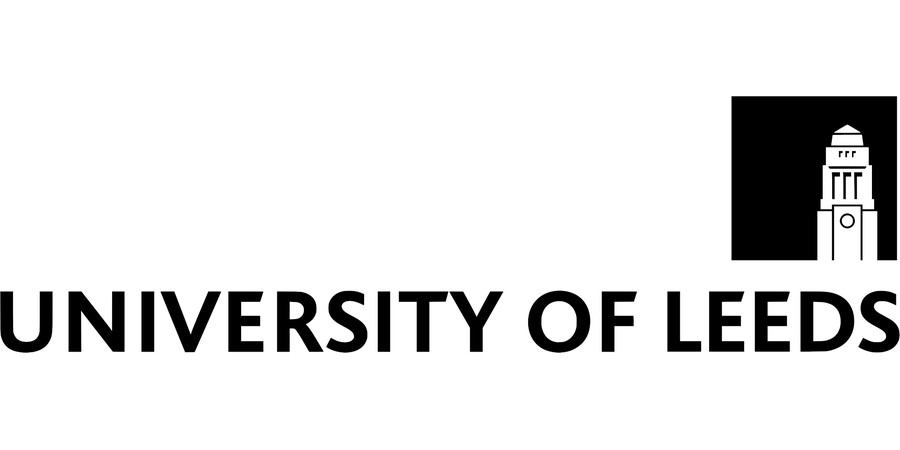PhD Studentship: Digital and Flow Materials Chemistry for Metal-Organic Frameworks Production
University of Leeds - Faculty of Engineering and Physical Sciences: Chemistry
| Qualification Type: | PhD |
|---|---|
| Location: | Leeds |
| Funding for: | UK Students |
| Funding amount: | See advert |
| Hours: | Full Time |
| Placed On: | 4th April 2025 |
|---|---|
| Closes: | 30th April 2025 |
School/Faculty: Chemistry
Closing Date: 30 May 2025
Eligibility: UK Only
Funding: School of Chemistry Studentship, in support of the UKRI Future Leaders Fellowship Grant, providing the award of full academic fees, together with a tax-free maintenance grant at the standard UKRI rate of £20,780 per year for 3.5 years.
Lead Supervisor’s full name & email address
Dr Andrea Laybourn: a.laybourn@leeds.ac.uk
Co-supervisor’s full name & email address
Professor Richard Bourne: r.a.bourne@leeds.ac.uk
Project summary
Metal-organic frameworks (MOFs) have attracted extensive interest from academia and industry owing to their exceptional porosity and structural and functional diversity. MOFs present huge potential for addressing key global issues in healthcare (drug delivery, diagnostics), energy and mitigation of pollution (e.g. CO2 valorisation). However, current methods for discovering and optimising MOFs rely on trial-and-error, are poorly reproducible and scale-up takes many years/is not possible as conditions optimised in batch are not readily translatable to scaled up processing. We have identified that microwave heating and flow chemistry are able to provide distinct processing advantages in the synthesis of MOFs owing to selective heating. Building on our existing work, this project aims to develop automated continuous flow microwave platforms integrated with inline and online analyses to enable rapid collection of process relevant data for scalable and reliable MOF synthesis. The resultant MOFs will be fully characterised using a range of analytical techniques including X-ray diffraction, electron microscopy, IR and UV-vis spectroscopies, and gas sorption.
This project combines reactor design, synthetic materials chemistry and characterisation. You will gain skills in microwave reactor development, programming and algorithm development, automation and online analytics. This project would be ideal for an ambitious and innovative researcher who enjoys working in a diverse and interdisciplinary team and is excited to learn new skills.
Please state your entry requirements plus any necessary or desired background
A first class or an upper second class British Bachelors Honours degree (or equivalent) in an appropriate discipline.
Subject Area
Chemical engineering, inorganic chemistry, materials science
Keywords
Automation, flow chemistry, metal-organic frameworks, reactor design, self-optimisation of reactions
Advert information
Type / Role:
Subject Area(s):
Location(s):









